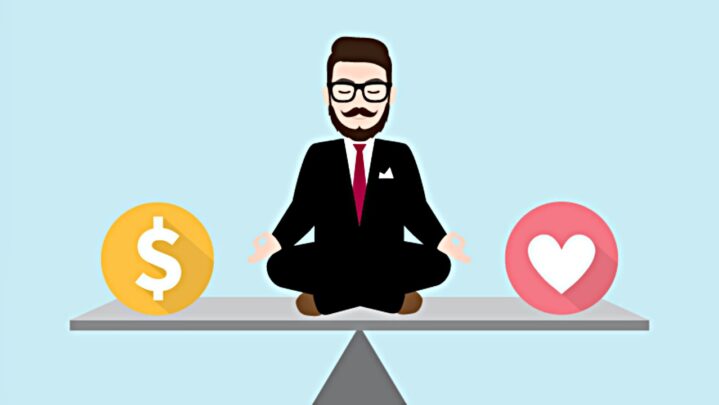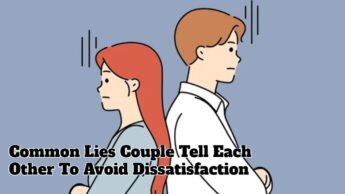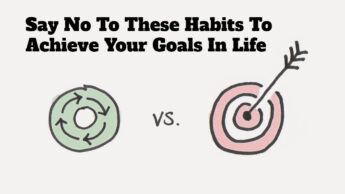Rest does not imply being neglecting work or lazy. It is vital for our health and for performing well at work. Rest has proved to improve cardiovascular health by lowering cortisol levels and blood pressure. Vacation, in particular, has been shown to reduce the incidence of heart disease and increase longevity. According to one study, the more frequent the breaks or vacations, the longer a person lives. These findings held true even after controlling for variables known to be associated with a longer lifetime, such as increased wealth and education.
However, relaxation is important for reasons other than our health. Rest, from a business standpoint, minimises the number of sick days required by employees. And, with absenteeism costing more than $3,000 per employee per year, it’s surely something worth reducing. Workplace performance improves after a period of rest and rehabilitation, according to research, even among those who enjoy their jobs. And if you work in a creative field, you’ll need to rest in order to accomplish your best work. However, relaxation is important for reasons other than our health. Rest, from a business standpoint, minimises the number of sick days required by employees. And, with absenteeism costing more than $3,000 per employee per year, it’s surely something worth reducing. Workplace performance improves after a period of rest and rehabilitation, according to research, even among those who enjoy their jobs. And if you work in a creative field, you’ll need to rest in order to accomplish your best work.
While many of us feel guilty, uneasy, or frightened about taking time off, we can’t keep working overtime and ignoring relaxation. This relentless go-go-go mindset leads to burnout when our bodies simply can’t keep up.
Also Read: Signs You Are Using Busyness As Coping Mechanism And Ways To Slow Down





